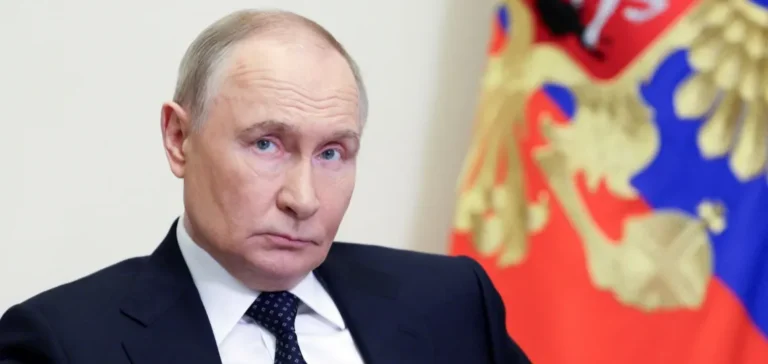The President of the Russian Federation, Vladimir Putin, met Slovak Prime Minister Robert Fico during an official visit to China to discuss the conflict in Ukraine and energy issues linking the two countries. The meeting highlighted Bratislava’s intention to maintain economic ties with Moscow despite international pressure and the context of war.
Energy supplies at the core of talks
Vladimir Putin stated that Russia remained a reliable supplier for Slovakia in natural gas and oil. He added that cooperation channels could be expanded, including in strategic areas linked to energy resources. Robert Fico confirmed his interest in normalising bilateral relations, mentioning the creation of a joint commission to strengthen existing partnerships.
The Slovak Prime Minister also stressed his country’s vulnerability to Ukrainian strikes targeting oil infrastructure and said he would raise the issue directly with the Ukrainian president during a planned meeting in Uzhhorod. For him, the protection of energy facilities remains essential to regional stability.
Diplomacy shaped by the Ukrainian conflict
Vladimir Putin underlined that Russia did not oppose possible Ukrainian membership of the European Union, while reiterating its firm rejection of the country’s integration into the North Atlantic Treaty Organization (NATO). He accused the West of fuelling a military threat narrative that he described as exaggerated, while denying any intention to attack Europe.
Robert Fico, for his part, stressed the importance of direct dialogue with all stakeholders to avoid further escalation of the conflict. However, he acknowledged Slovakia’s strategic dependence on Russian supplies, which directly influences its diplomatic positions.
Nuclear safety and international cooperation
Vladimir Putin also mentioned Russia’s readiness to cooperate with American representatives on the safety of the Zaporizhzhya Nuclear Power Plant, under Russian control since 2022. This proposal seeks to address recurring concerns over the risk of an incident in a combat zone.
The Russian president finally praised the foreign policy conducted by the Slovak government, saying it produced positive results in the country’s economic management. This recognition illustrates Moscow’s willingness to maintain pragmatic relations with certain European Union member states despite the prolonged war context.






















